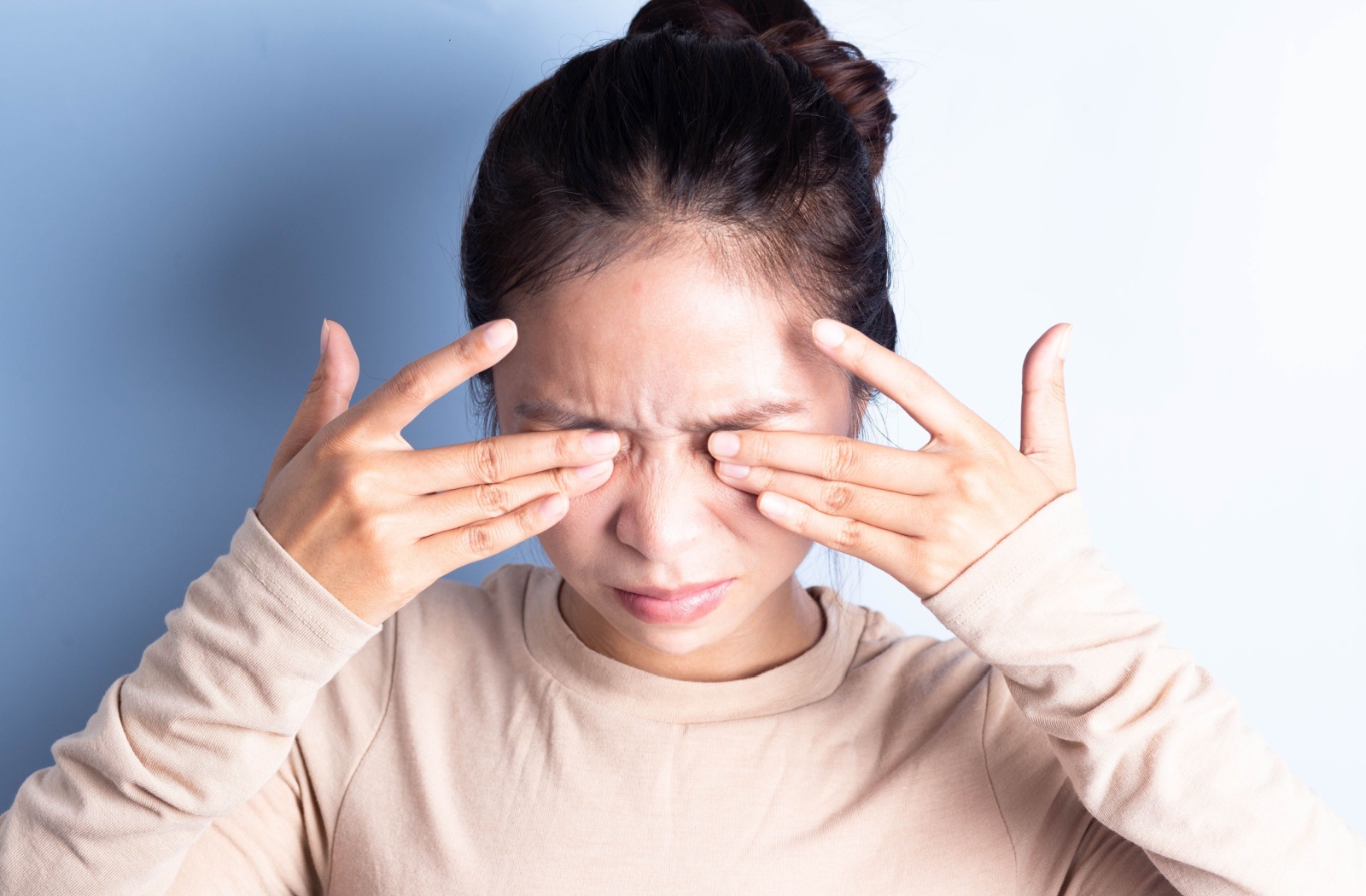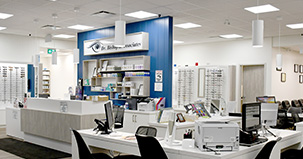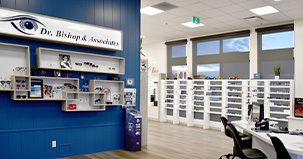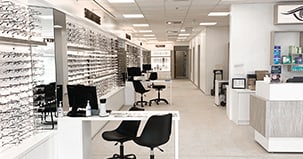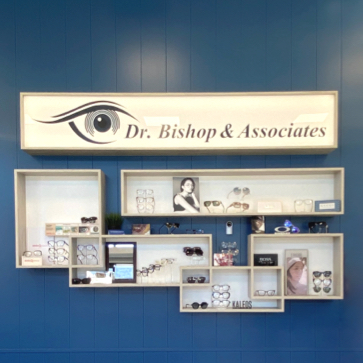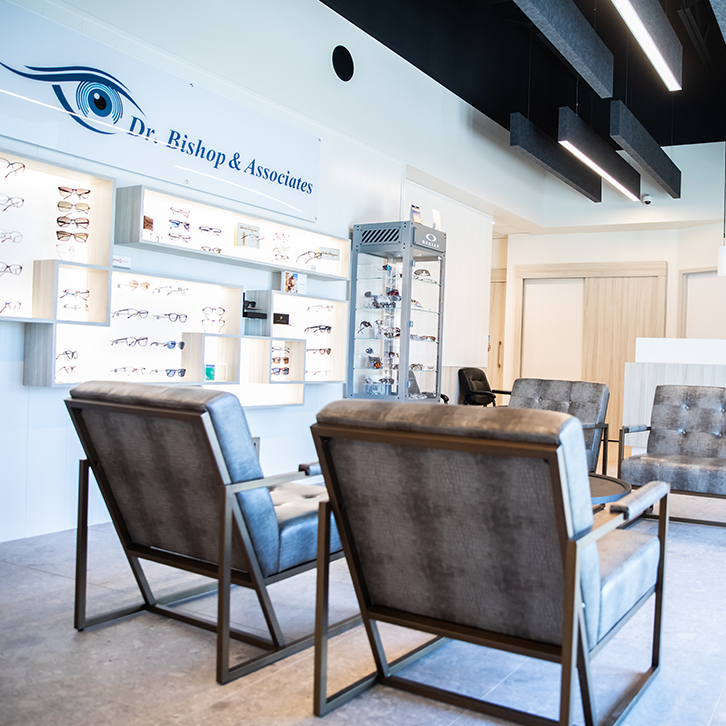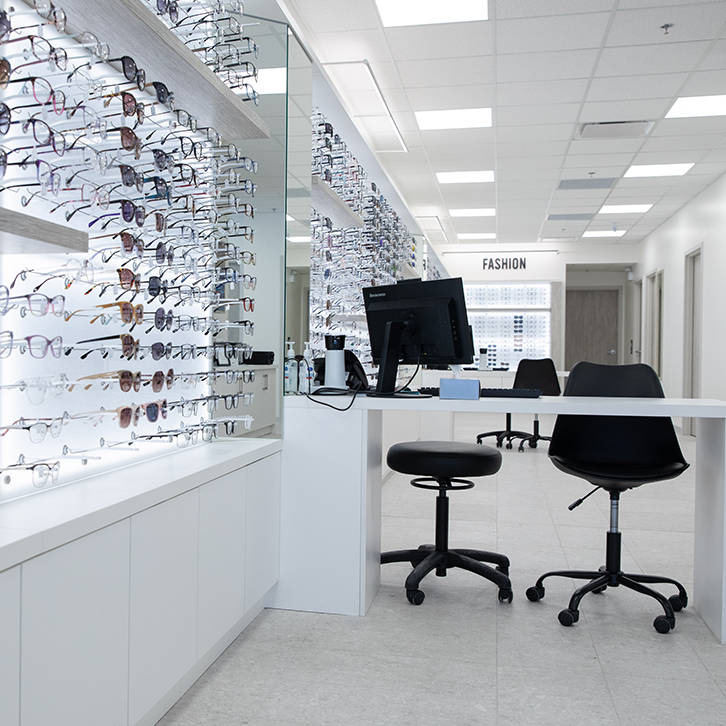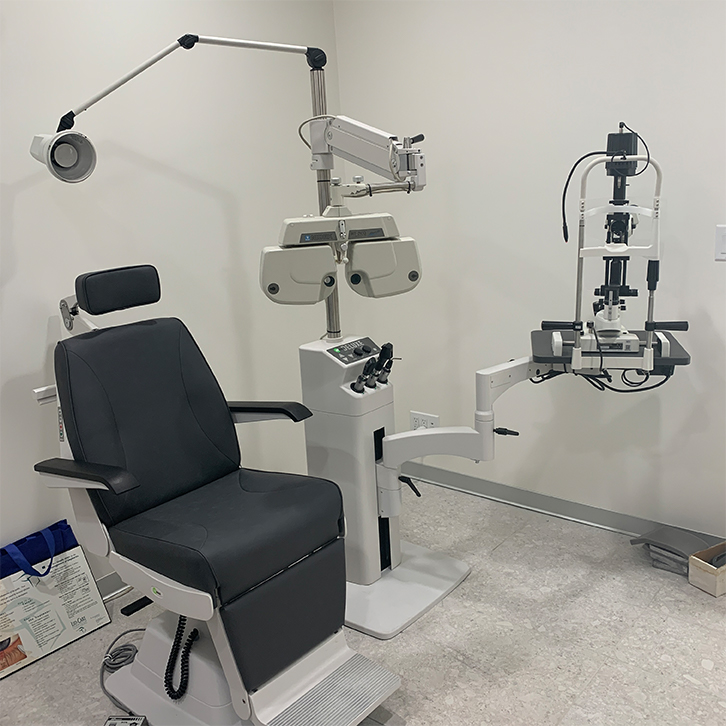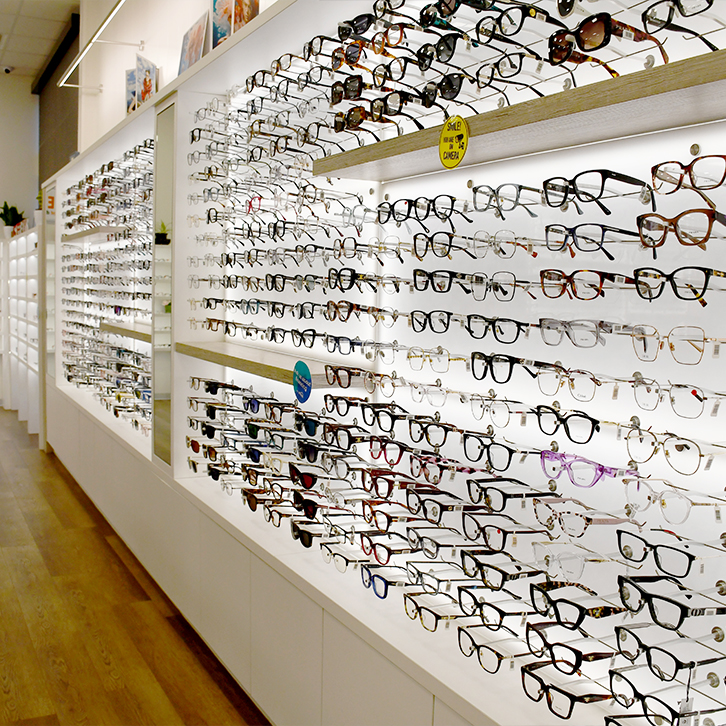Waking up refreshed is an incredible way to start the day. But waking up with a burning, gritty, and dry sensation in your eyes can easily dampen your day. Dry eyes are a common problem, and millions of people deal with it every morning. So, what are the reasons you wake up with dry eyes, and what can you do about it?
Here are some factors that commonly cause dryness during the night and early morning:
- Tear production problems
- Environmental factors
- Age-related changes
- Allergies
- Lagophthalmos
- Medical conditions
If you’re dealing with dry eyes, a quick visit to your optometrist for dry eye therapy may make all the difference in the world.
The Signs & Symptoms of Dry Eyes
Your eyes are a sensitive organ, and they need to be protected. Every time you blink, you disperse a thin and transparent layer of tears across their surface. These tears coat the eyes, hydrating the eyes and helping flush away contaminants.
However, the tear film needs a careful balance of oils, water, and mucus to do its job. If this balance is disrupted, your tear film can no longer fully protect the eye. This condition, called dry eye, can quickly lead to:
- Redness
- Itchiness
- A gritty or sandy feeling
- Sensitivity to light
- Blurred vision
- Headaches
It’s more than just temporary discomfort, too. When your tear film can’t protect the eyes, you’re at an increased risk of infections, scratches, and other damage.
But what actually causes dry eye? While the cause can vary, the most common causes are factors that can affect your natural tear production.
1. Tear Production Problems
Your tears have 3 layers: water, oil, and mucus. If one of these can’t be produced properly, your tear film becomes unstable and can’t function as necessary.
Evaporative dry eye occurs when there is a problem with the oily layer. These oils, produced in the meibomian glands, are responsible for preventing early tear evaporation. When the meibomian glands have a problem, the tears evaporate too quickly, leaving the eye exposed.
Another common cause for dry eye is that you simply aren’t producing enough tears. Environmental and medical factors can contribute to the lack of tear production. If you’re dealing with constant dry eyes in the morning, visit your optometrist to determine if there is a problem with your tear production.
2. Environmental Factors
Environmental conditions can play a significant role. When you’re exposed to harsh conditions, your eyes need to work harder to accommodate your environment, and this can lead to dry eyes.
Some common culprits include:
- Low humidity
- Exposure to dry, smoky, or windy conditions
- Air conditioning
- Central heating systems
If you constantly run air circulating systems in your home or live in a particularly harsh environment, adjusting to your environment can help provide relief. Wear sunglasses when you’re outside to protect your eyes. When indoors, avoid aiming any fans at your face. Small protective measures can help you protect your eyes.
3. Age-related Changes
Age-related changes can cause dry eyes. As we age, our bodies constantly change, and the human eye is no exception. Some age-related causes include:
- Menopause
- Hormonal changes
- Weakened meibomian glands
While you can’t stop the natural aging process, you can take steps to manage how it affects your eyes. Make sure you:
- Follow a healthy diet
- Avoid tobacco (as it inflames the eyes and weakens them)
- Use artificial tears when needed
- Take supplements to give your eyes the nutrients they need
These small changes can often make a big difference.
4. Allergies
Sometimes, dry eyes develop due to an allergic reaction. Exposure to allergens like dust, pet dander, or pollen can trigger a severe inflammatory response.
This reaction can lead to dryness and discomfort. It may even cause your eyes to produce excessive tears, which can then lead to an imbalanced tear film. If you notice your dry eyes are often associated with other allergy symptoms, like itching and sneezing, you’re likely dealing with an allergic reaction.
It helps to avoid any known allergens and use artificial tears or eye drops when needed to manage your reactions. Antihistamines can also help reduce the symptoms to help you find relief.
5. Lagophthalmos
Lagophthalmos is a condition where the eyes cannot fully close. When this occurs only during sleep, it is specifically referred to as nocturnal lagophthalmos. It can lead to dry eyes because it leaves the eye surface exposed to air. Here’s how it contributes to dryness:
- Increased Exposure: With eyelids partially open, the eyes are exposed to air for extended periods, especially at night, causing moisture loss.
- Symptoms upon Waking: Individuals often wake up with eye irritation, pain, or a sensation that something is in the eye, indicating dryness.
- Preventive Measures: To protect against this dryness, doctors recommend using artificial tears, ointments, moisture goggles, or humidifiers at night.
6. Medical Conditions
The eyes are extremely sensitive. Underlying medical conditions can easily trigger dry eyes.
Some common medical causes of dry eyes include:
- Diabetes: This can affect the blood vessels in the eyes and increase inflammation.
- Sjogren’s syndrome: It attacks moisture-producing glands in the body.
- Rheumatoid arthritis: Arthritis can lead to inflammation and affect tear production.
- Thyroid disorders: These can alter the oil production in the eye or cause eyelids to not close properly.
- Sleep Apnea: CPAP machines, used to treat sleep apnea, can cause dry eyes in the morning due to air leaks from an ill-fitting mask. This causes air leaks which directs airflow over the eyes. This constant airflow, combined with health conditions like diabetes or hypertension, can exacerbate dryness.
If you have a previously diagnosed medical condition, speak to your optometrist and general physician. They can help manage the underlying condition and recommend an appropriate treatment to help you find relief.
Find Relief from Your Dry Eyes
Dry eyes can be uncomfortable, but you don’t need to deal with them forever. If you find you’re constantly waking up with dry eyes, come talk to our team at Dr. Bishop & Associates. We can diagnose the cause of your condition and help find the right treatment. Don’t suffer in silence—book an appointment with us today to find relief from your dry eyes.

